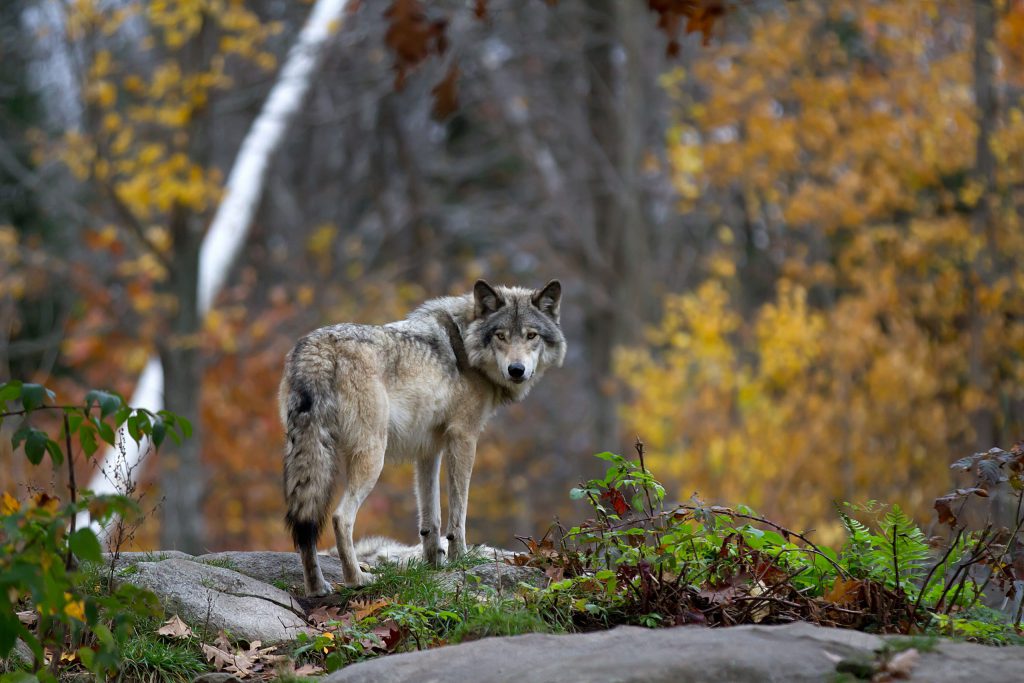On Thursday the Senate Committee on Financial Institutions and Sporting Heritage voted down four of Gov. Evers’ five appointments to the Natural Resources Board (NRB), the policy board for Wisconsin’s Department of Natural Resources.
Clean Wisconsin Government Relations Director Erik Kanter says the move boiled down to disagreement over management of the state’s wolf population. Some legislators insist Wisconsin’s wolves should be hunted until the population is limited to just 350 animals statewide.
“The legislature’s hardline insistence on an arbitrary number for the wolf population has resulted in the kind of petty politics Wisconsinites can’t stand. The committee’s vote is unfounded and unfair,” Kanter says. “Wisconsinites want clean water, clean air, and a healthy environment. They want a functioning state government where differences of opinion result in collaboration and compromise. The committee’s vote illustrates the legislature is interested in no one’s opinion but its own.”
Kanter notes that DNR Secretary-designee Adam Payne’s appointment was sent to the Senate Committee on Natural Resources and Energy for consideration, but the five NRB appointments were sent to the Senate Committee on Financial Institutions and Sporting Heritage, a highly unusual move. That committee voted down the appointments of Sharon Adams, Dylan Jennings, Sandra Dee Naas and Jim VandenBrook. The nominees told committee members they would likely follow the guidance of wildlife experts at the DNR on management of Wisconsin’s wolf population.
“These nominees are absolutely qualified to serve on the NRB. This board sets critical environmental policies in Wisconsin, impacting everything from the safety of our drinking water and health of our lakes to fisheries and forestry management. It should not be a political football, and it should not be a way for legislators to override expertise at the DNR.” Kanter says.
The nomination of Paul Buhr, a dairy farmer, was unanimously approved by the committee.
For more information on the history of the wolf population in Wisconsin, read Under the Lens: Wisconsin’s Wolves, by Clean Wisconsin Science Program Director Paul Mathewson.

